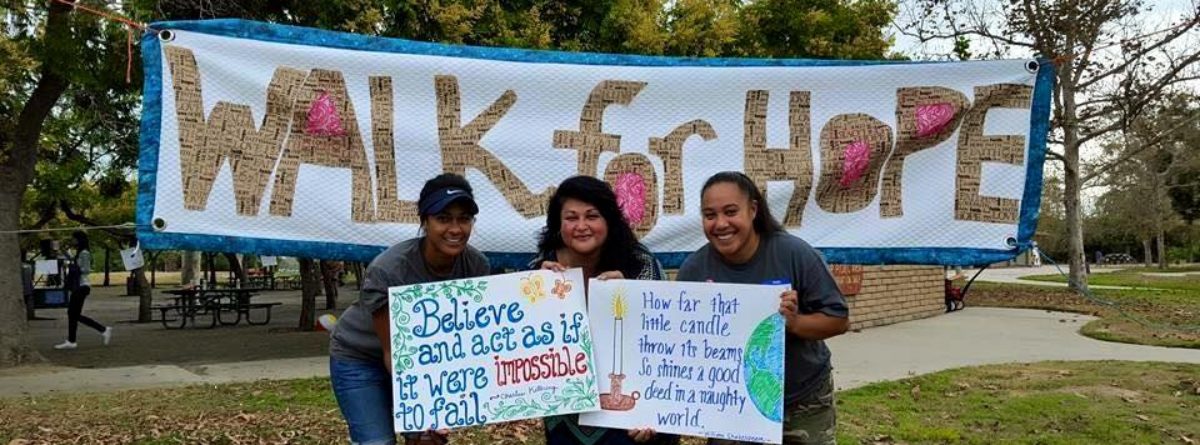Imagine
Before any idea or concept becomes reality it was an idea that someone, or some group, imagined, and from this catalytic, creative energy great change and action spring forth. So, use your imagination, to see a world where hunger has disappeared, where a safe, clean, peaceful place is available for everyone to rest, where health care is available to all and education is free and readily available to every child; from this place, and from within your heart, let arise that action that will be the cause, the change, that you want to see in the world.
A new concept of entrepreneurship is percolating in the business world, it is called social entrepreneurship; it is a combination of social justice and business venture intertwined. The formal definition of an individual who undertakes this kind of entrepreneurship is:
Social Entrepreneur
n., 1. society’s change agent: pioneer of innovations that benefit humanity. Social entrepreneurs are visionaries with radical ideas and the ability to make their ideas a reality.
A few days ago, I had the chance to preview part of a heartening PBS series, called Uncommon Heroes, whose main subjects are social entrepreneurs. The series highlights individuals who measure their bottom line in human lives not monetary currency. The film tells the stories of four brilliant, inspiring individuals; individuals who value helping others and through their own commitment have made positive strides in the world while creating compassionate ventures in the process.
In India, Kailash Satyarthi rescues brutally enslaved children and adults who are being held by the India mafia and who are used as slave laborers. These rescues are dangerous raids, in which those rescuing also risk their lives. For Satyarthi, once these individuals have been freed from their enslavement, his job has only begun. First, the adults and children are fed, and then the adults are given transportation back to their village to start their lives in new found freedom. The parents are given the option of leaving their children with Satyarthi’s teaching staff for the next six months or having them return to their villages with the adults. The children who stay are the recipients of lessons in reading, writing and arithmetic along with leadership building skills, usually this is the first time they have been exposed to any formal education.
Many children in India, who are forced laborers, are used as rug and carpet makers. So, as a further measure to eliminate child labor, in 1994, Satyarthi founded Rugmark International. Currently in Nepal, Pakistan and India, the organization monitors factories, certifying carpets made without child labor. In consumer countries, it seeks to create market preference for certified rugs.
In Bhumneswar, India another compassionate revolution is occurring. In India, education is not available to all. A woman named Inderjit Khurana, an educator and principal of a private high school, is aiming to change this situation. Her novel idea which sprang forth fifteen years ago is to bring the school to the children, rather than the children to the school; she calls these innovative learning environments, Train Platforms Schools as they are situated at the train stations. With an annual budget of $12,000 dollars the group of teachers she employs runs twelve platform schools. More than four hundred children, aged six to fourteen receive instruction in reading, writing, arithmetic, geography, history, and basic life skills. They also receive less traditional education regarding HIV/AIDS/STDs, subjects which unfortunately are relevant to these children’s lives, despite their very young age.
The last two inspiring individuals, featured in the film, are Dr. Govindappa Venkataswamy, affectionately known as Dr. V, and his business partner David Green. Dr.V is an eye surgeon, who despite crippling arthritis, which fused some of his fingers together, has miraculously become one of the best cataract surgeons in the world. Dr. V’s revolutionary idea is to make cataract surgery fast, quick, cheap and available to all. His inspiration, and easily recognizable metaphor, — is the golden arches, otherwise known as McDonald’s. In conjunction with Dr V., Dr. Green created a company called Aurolab which manufactures replacement lenses. Dr. Green has invented an innovative lens manufacturing technique. This technique has lowered the cost of a pair of lenses from $150.00 to $5.00, still allowing a profit of 30 percent which is given to the hospitals to sustain free services.
Today, the group of Aravind Eye Hospitals provides over two hundred thousand people a year access to free cataract removal, preventing blindness. Seventy percent of all of the hospital’s patients receive their surgeries for free, while the remaining 30 percent pay for their services. The ones who can afford the surgery allow the ones who can not to receive the life saving benefits of sight. A blind person in the third world is referred to as â€a mouth without hands†and the average lifespan after cataracts set in, causing blindness, is three years. Dr. V’s hospitals have taken a leadership role and have demonstrated, with some very unique concepts, that health care can be available to all. “Two qualities for leadership are to be visionary and to know execution. If I can go from consciousness to higher consciousness then I will be a leader,†states Dr.V.
As George Bernard Shaw once said, “I am of the opinion that my life belongs to the community, and as long as I live it is my privilege to do for it whatever I can.†Each one of us, as individuals, has the capability of using our imagination to change ourselves and to change our world, to be compassionate and to serve others. So, just imagine…..
Note: Uncommon Heroes will be premieres Tuesdays, June 28 and July 5, 8-10 p.m. on PBS
–Stacey

Nicely put Stacey. Very educational and inspirational. Thank you for writing.